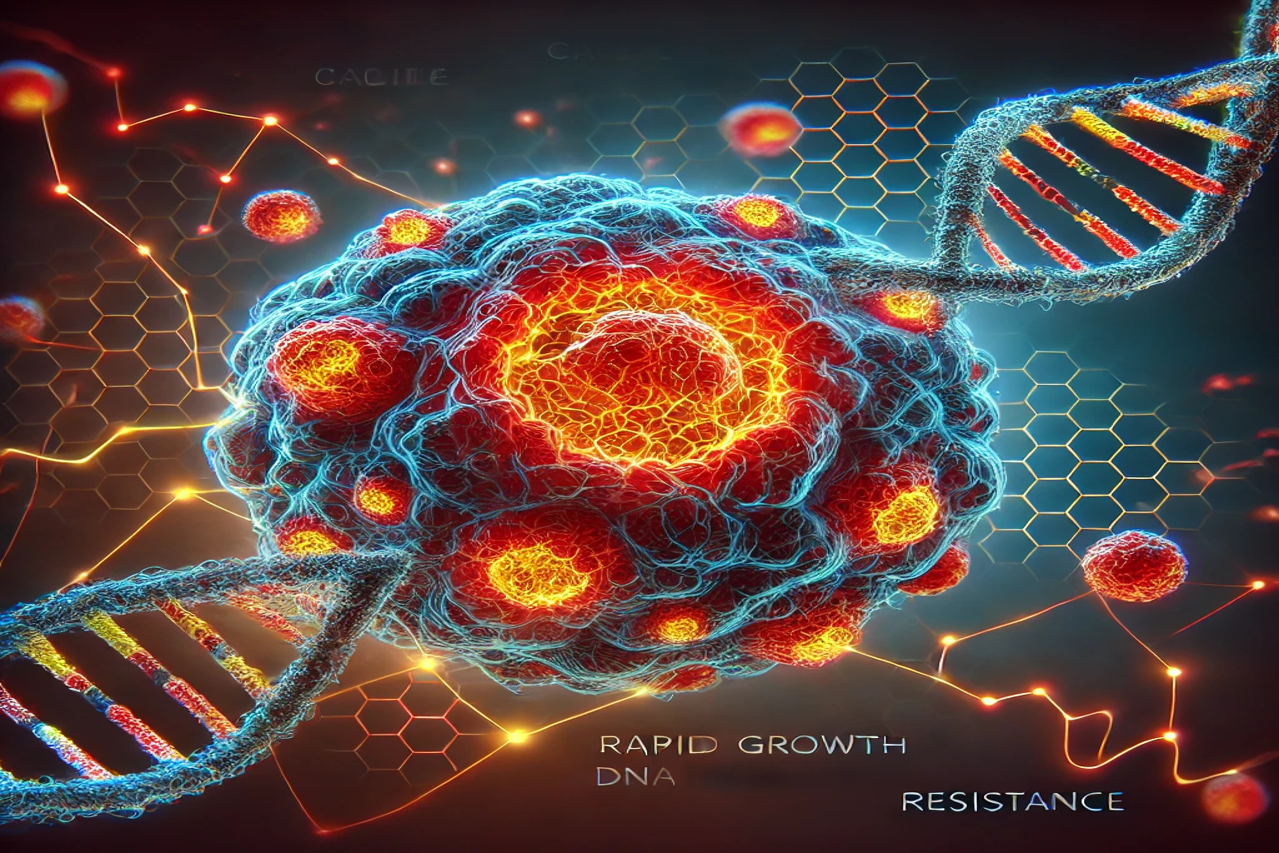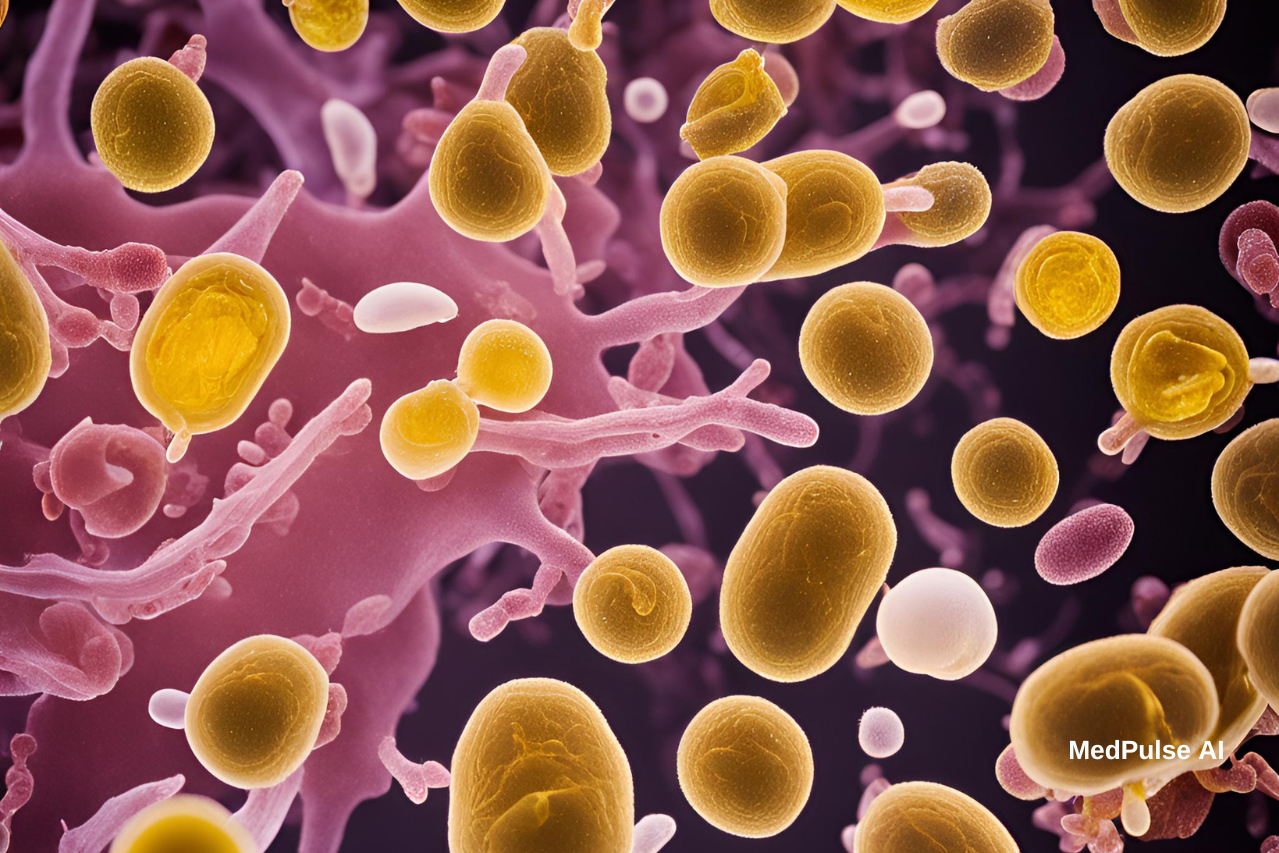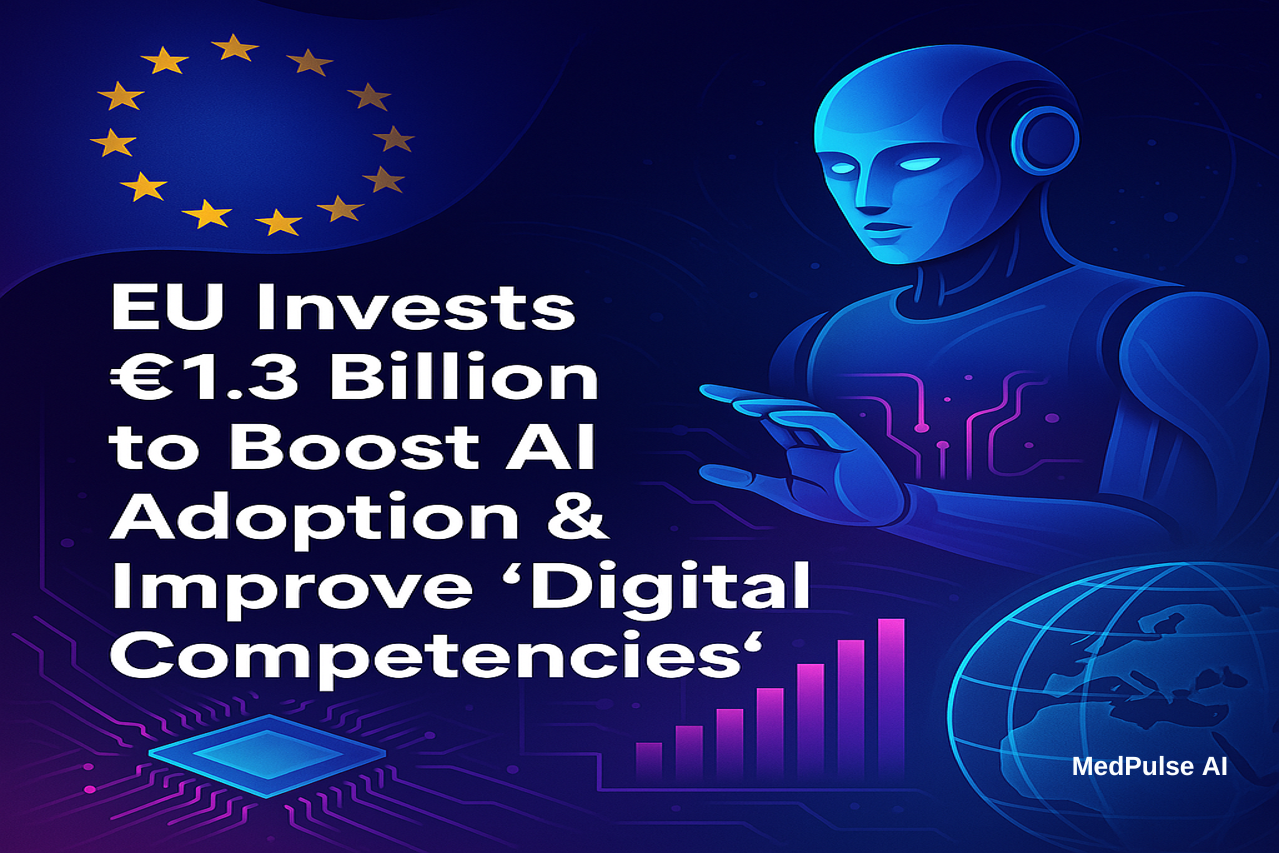The Hong Kong University of Science and Technology (HKUST) has introduced four new AI models aimed at enhancing care for 30 different cancers and diseases, utilizing the resources of the university’s advanced AI supercomputing facility.
Among these innovations is MOME, a diagnostic tool specifically for breast cancer that differentiates between malignant and benign lumps through MRI scans. The university claims that this AI model can achieve diagnostic accuracy on par with radiologists who have at least five years of experience. MOME was developed as a less invasive alternative to biopsies and has the capability to predict patient responses to neoadjuvant chemotherapy.
Another significant tool is the mSTAR Pathology Assistant Tool, which assists pathologists by alleviating workload through the automation and streamlining of various tasks, including up to 40 diagnostic and prognostic evaluations. This system utilizes whole slide images combined with multimodal knowledge, integrating diverse data types and learning methodologies to provide a holistic understanding of pathology.
Hao Chen, the assistant professor leading the project in the Department of Computer Science and Engineering, stated, “Our aim with these AI tools is to support healthcare professionals in improving diagnostic accuracy, personalizing treatment strategies, and optimizing workflow efficiency.”
The third tool, MedDr, functions as a multimodal language model capable of answering queries, generating medical reports, and providing preliminary diagnoses based on medical images, thereby expediting clinical decision-making. The fourth model, XAIM, focuses on fostering healthcare professionals’ comfort with AI by elucidating the reasoning behind medical AI decisions.
This announcement follows a report indicating that medtech companies risk losing 4% of their annual revenue due to inefficiencies, which AI technologies aim to address, particularly in alleviating physician burnout. Additionally, BrainSpec’s magnetic resonance spectroscopy (MRS) platform has demonstrated the ability to identify brain injuries that were previously undetectable.
According to GlobalData’s AI in Healthcare report, AI is expected to become a significant economic force within the medtech sector in the coming years. The article “Hong Kong University unveils four new healthcare AI models” was initially published by Medical Device Network, a brand under GlobalData.
Are you interested in how AI is changing healthcare? Subscribe to our newsletter, “PulsePoint,” for updates, insights, and trends on AI innovations in healthcare.




